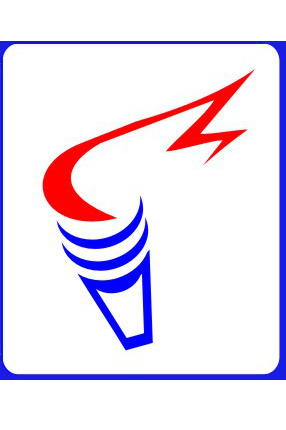Cognitive Behaviour Therapy
What is Cognitive Behaviour Therapy (CBT)?
Cognitive Behaviour Therapy (CBT) is a psychological therapy focused on thoughts, emotions and behaviour to enable the person to overcome psychiatric problems (Depression, anxiety, Somatisation, conversion disorder and certain symptoms of psychoses). This therapy is also very effective in enabling people to improve their self-esteem, confidence building, enhancing academic and vocational performance, marital harmony etc. In CBT, the therapist identifies faulty patterns of thought processes, interpretations, emotional reactions and dysfunctional behaviour. Then the therapist clarifies implications of such thought patterns, emotional reactions and interpretations and suggests ways and means for overcoming the problem.
Role of Patients
CBT is not a talk therapy where the patient becomes alright after listening to the counsellor\’s advice. In CBT, the patient has to perform many physical, emotional and behavioural exercises between sessions. Performing the exercises will enable the patient to go to the next level in the subsequent session. Cognitive behavioural approach is collaborative in nature and is largely self-help. The therapist aims to help the client develop skills to overcome not only the current problems but also any similar ones in the future. The therapist will emphasise the role of homework assignments, clearly indicating that the major part of therapy takes place in everyday life, with the client putting into practice what has been discussed in treatment sessions. The client is expected to participate actively by collecting information, giving feedback on the effectiveness of techniques, and making suggestions about new strategies.
Therapy Sessions
Patients will be seen by prior appointment only and are requested to fix up appointments two weeks in advance. Each therapy session will be approximately 40 minutes. Depending upon the nature of the problem, the number of sessions in a week will vary.
Please do not insist on speaking to the therapist when you do not have an emergency.




